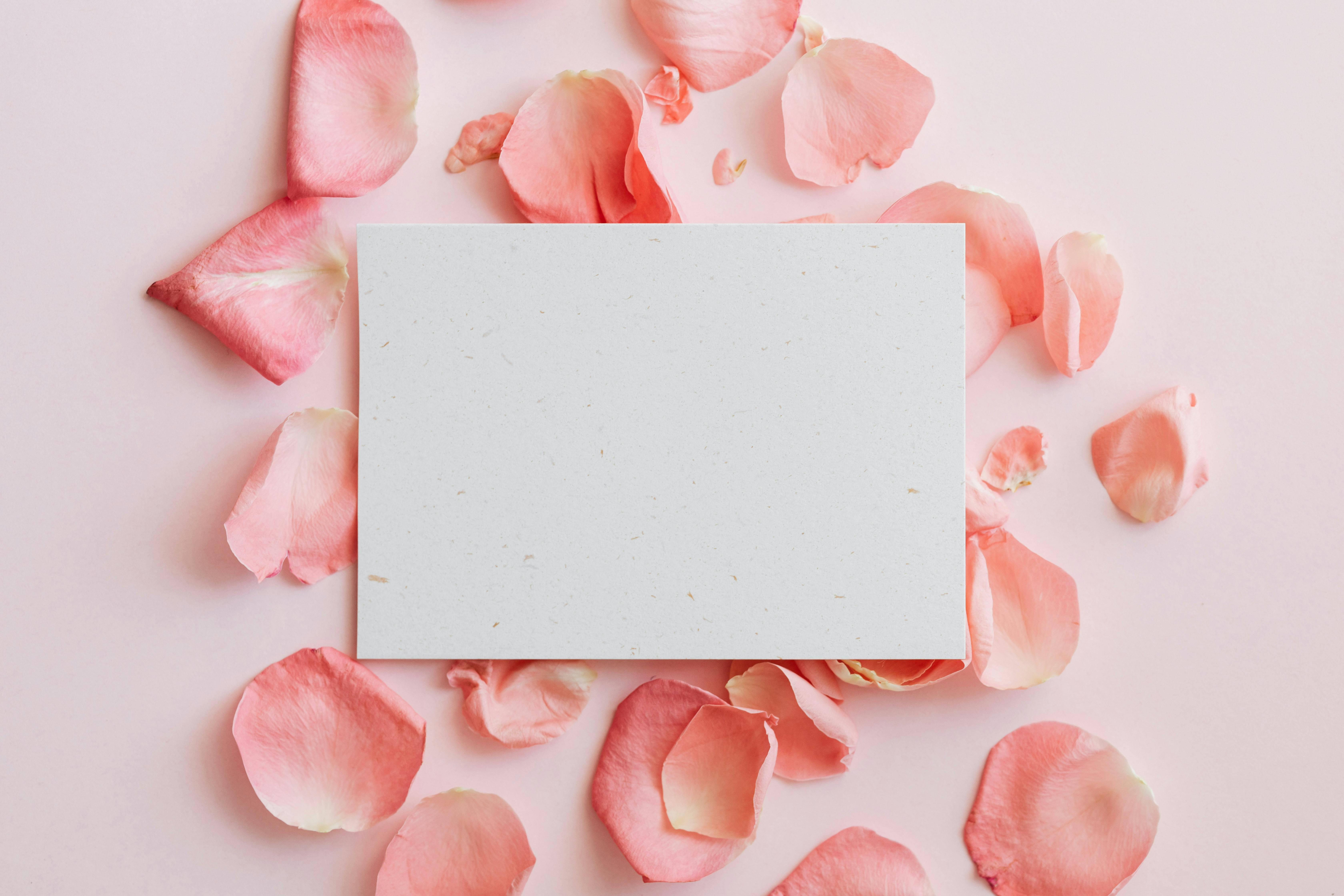Led Zeppelin II (1969)
The first of Zeppelin’s masterpieces, it’s a wonder how the album was recorded. Performing a rigorous and often painful American tour from January to August 1969, the band’s second album was recorded in the studios whenever they were free from performances. However, their live prowess had increased by leaps and bounds, attributes that they brought with them to the five studios established in the UK and the US (one of which, as Jimmy Page later recalled, lacked headphones!) .
‘Led zeppelin‘(1969) had shown promise, yes, but it was largely due to the way Jimmy Page played the guitar, while Robert Plant took on a less important role. Here, he proved himself equal to Page, receiving writing credits on eight of the nine tracks and creating a vocal style that changed rock forever.
Singing over Page’s beautiful crescendo (a tuning called DAGGAD, which would be used in his zenith studio ‘cashmere‘), The sexual deviation of the plant in’So much love‘pushed any rock of tolerance that it may have previously held into the depths of hell. ‘I want to be your back door man,’ he yells during the song’s coda, a line that pushed the sexes into the mainstream. A brilliant opening track (his riff would be voted ‘Best Riff’ by BBC listeners in 2014), his theme would once again be pushed beyond the lustful ‘The lemon song‘.
The album’s third last rocker ‘Heartbreaker‘featured a guitar solo in which Iron Maiden and Van Halen would make a career out of it, though neither of those bands have diverse musicality’Heartbreaker‘only appears. Beneath Page’s metallic riff, John Paul Jones played an amplified bass solo, garage rock to Page’s metal, the sound that Jack White would use to great effect on his monster hit ”Seventh section of the armyThirty years later.
If Page and Jones provided the songs with the juice to lubricate the music, John Bonham’s drums provided the backbone. Truly in a league of its own, Bonham’s rhythm is what sets the band apart from everyone else. From the colossal roar echoing in ‘What is and what should never be‘to the tenacious swing in’Living Loving Maid (She’s just a woman)‘, Bonham’s playing proved irreplaceable, as the band themselves discovered after his untimely death in 1980. Interestingly, it’s only during his drum solo.’Moby dick‘which is disappointing, providing an unattractive noise. Otherwise the drums sound fantastic, both in the way Bonham plays and the way Page plays drums to make it sound as good as it did (something he considered one of his greatest achievements as a producer, and! Is right!).
The band avoided playing electric on two acoustic tracks, the one inspired by Tolkien ‘Ramble‘(showing Page’s fine folk style playing at its peak) and gloomy ballad’Thanks‘(Plant’s first composition for the band). Both provide shade and respite from performance, a trick that is used even more effectively in closing albums. ‘Bring it home‘which begins slowly with Plant’s blues and harmonica wailing, before being encased by a wall of guitar sounds, a trick that Page would perfect on his fourth album at the album’s opening.’Black dog‘and closer’When the levee breaks‘.
If the album fails in one area, it’s the album’s lack of polish, something Jimmy Page would perfect when mixing future albums. But when the singing sounds so honest, the drums so strong, the bass so powerful, and the guitar riffs so exciting, it’s an easily forgiven regret!
